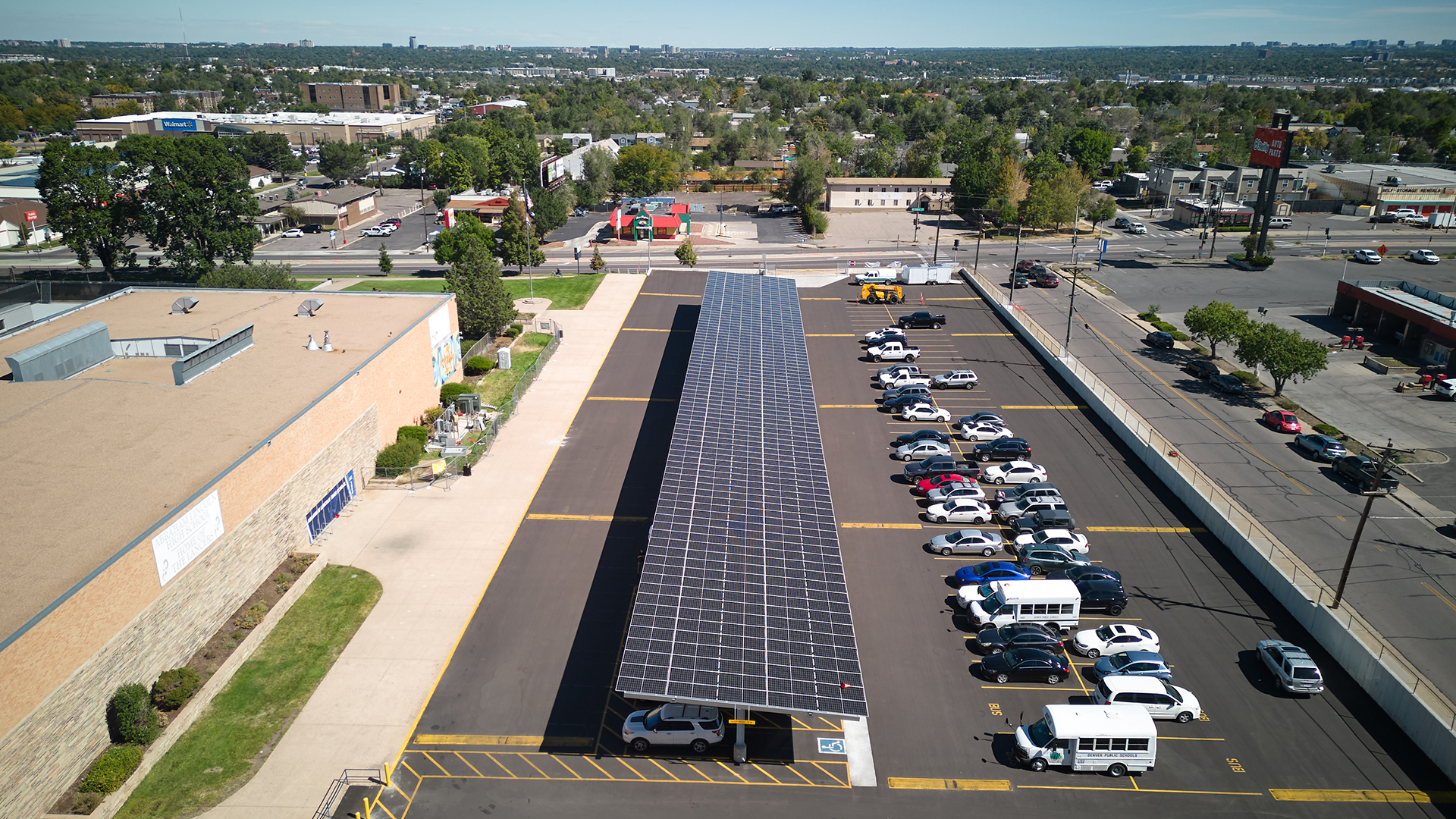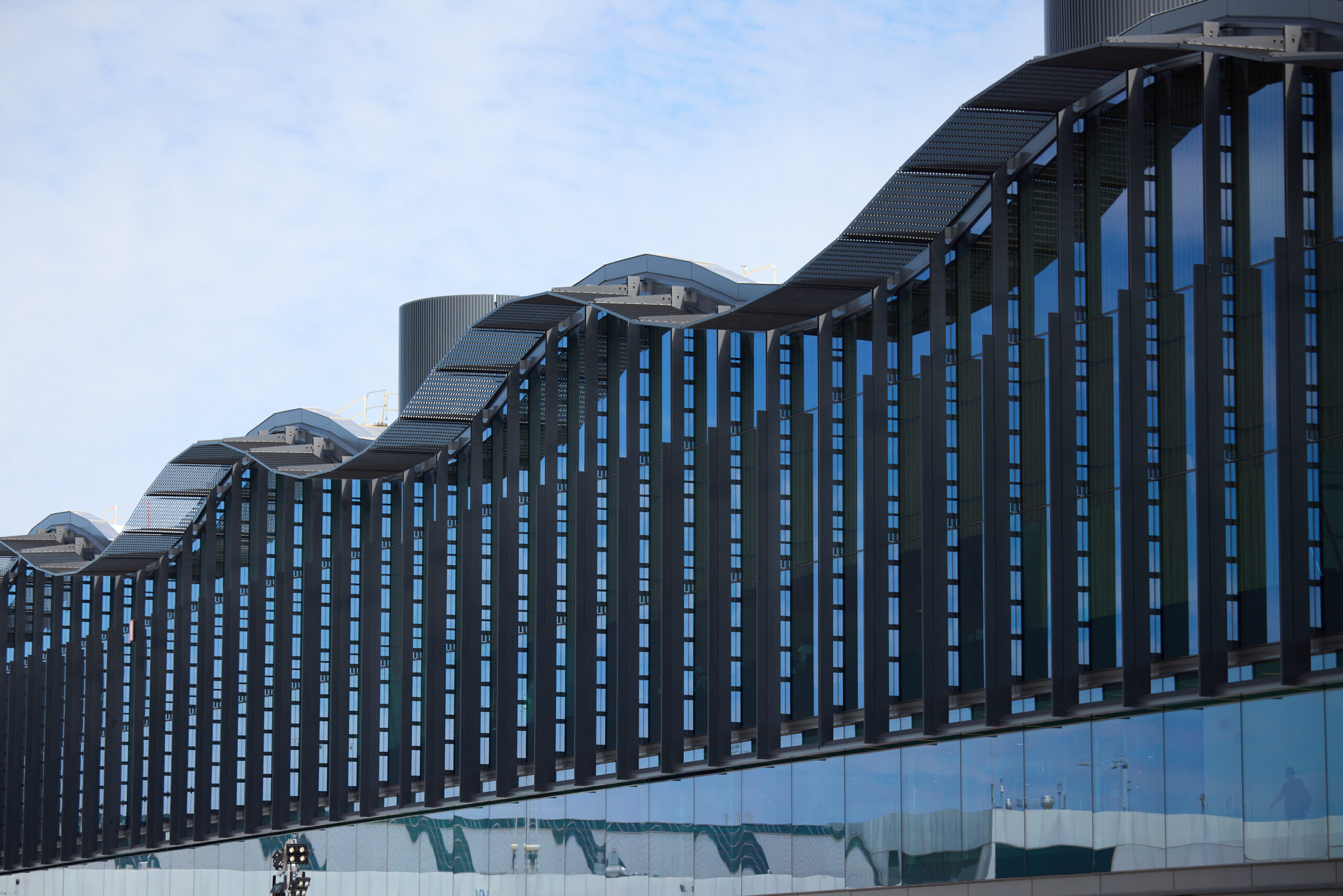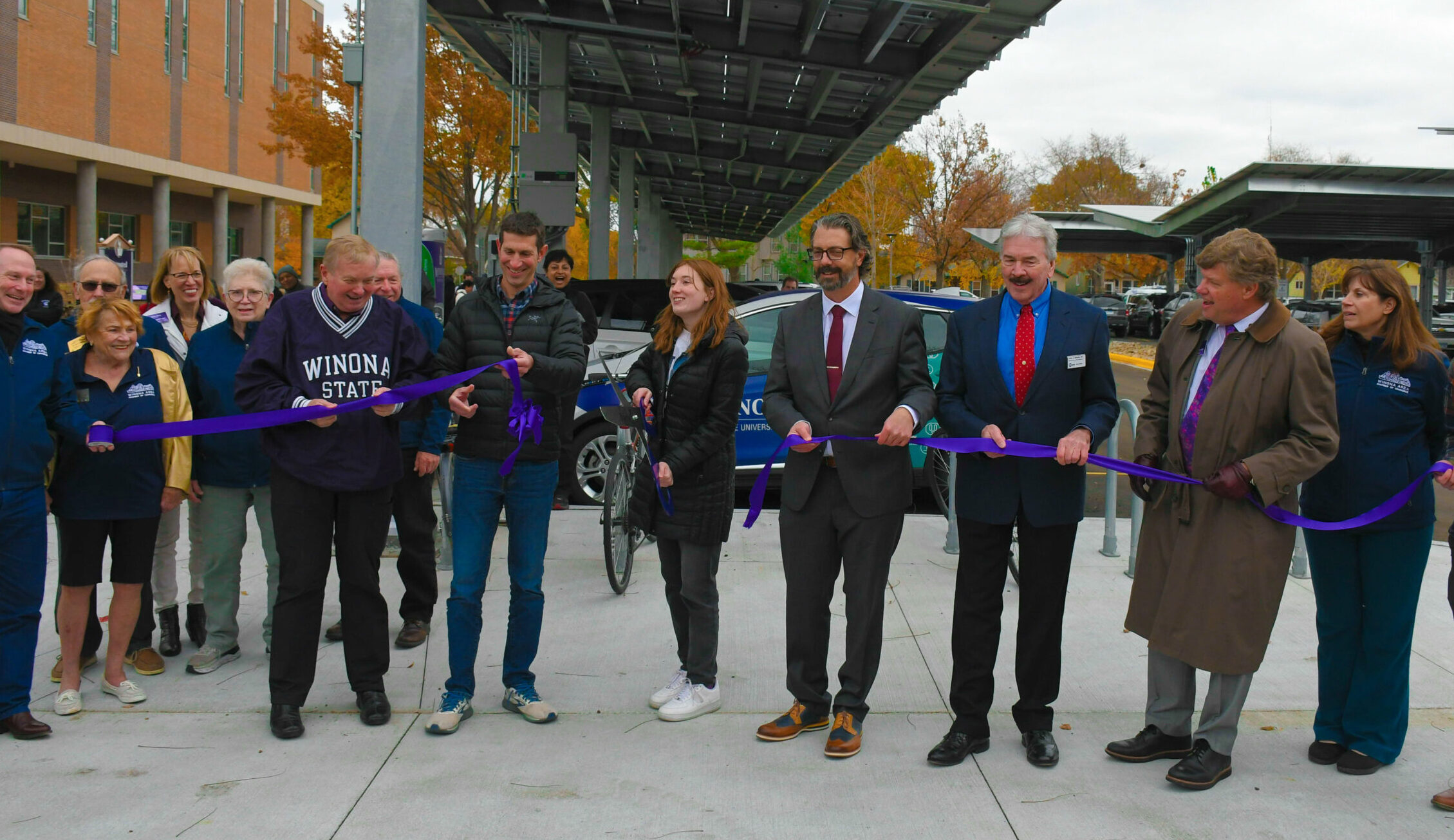Winona State University’s Investment in Energy Efficient Upgrades
Located in South Minnesota on an island along the Mississippi River, Winona State University (WSU) is a comprehensive regional public university with a sister campus in Rochester, Minnesota. WSU is home to over 7,000 students and is one the state’s most sustainable campuses. Since 2007, WSU has been committed to implementing campus-wide sustainability initiatives including the installation of a seed garden, the use of indoor hydroponic gardens at select dining halls and what is known as the “Sustainability House,” a university initiative to demonstrate green building practices and conscientious use of the land. McKinstry has been proud to partner with the university on the $12 million Leading Energy Savings & Sustainability (LESS) project; another example of WSU’s steadfast commitment to sustainability on their campus.
WSU selected McKinstry as their LESS project partner based on our higher education market experience across the country and our commitment to guaranteeing results and savings. The LESS project was funded by an Energy Savings Performance Contract (ESPC) which provided the district with a cost-neutral solution to achieve immense energy savings and the ability to plan for resilient and sustainable operations. Following the self-funding timeline of 18 years, additional savings go directly to the university.
The 1.4 MW solar project is generating nearly 1.7 MWh of renewable energy each year, making it the largest energy performance contract project in the Minnesota State University System resulting in an annual guaranteed utility and operational cost savings of approximately $685,000. This is a 23.8% reduction in utility costs and a total savings of $26 million over the project’s 25-year lifetime.
In addition to four solar carports in the Integrated Wellness Complex parking lot, a key feature of the project is six rooftop solar photovoltaic (PV) arrays installed at Haake Hall, Helble Hall, Kirkland Hall, McCown Gym, Wabasha Recreation Center and the Integrated Wellness Complex itself. The on-site solar PV provides between 10% to 12% of WSU’s annual electricity consumption while reducing CO2 emissions by 9,670,000 pounds, which is equivalent to driving the average passenger vehicle more than 11 million miles.
“McKinstry has been proud to partner with Winona State University, the Minnesota State University System and the State of Minnesota to help the university address their carbon reduction, sustainability, energy efficiency, operational and financial goals,” said John Neville, business development director — Energy, Minnesota. “We’ve aspired to develop solutions and outcomes that not only help the university attain its goals but also create a generational impact that inspires curiosity, learning, environmental stewardship and responsible resource management.”
The LESS project also included campus-wide lighting upgrades in all buildings and parking lots, two brand new electric vehicle (EV) charging stations, weather proofing of 17 buildings, the installation of destratification fans to equalize temperatures throughout fitness-specific spaces reducing unnecessary heat loss, enhanced water conservation equipment including irrigation and swimming pool controls and more. The project replaced 21,000 light fixtures, as well as every toilet, shower head, urinal and faucet aerator on campus, leading to a huge reduction in electricity consumption (nearly 5 million kWh per year), natural gas consumption (over 225,800 Therms each year) and water consumption (almost 10 million gallons of water per year).

Winona, MN

9,670,000 pounds annually

Higher Education

Solar Photovoltaics (PV)
Energy Services
Electrical and Technologies
“Through our partnership with McKinstry we have realized unprecedented carbon reductions of over 25%, utility cost savings of nearly 24% and water savings of over 16%, cementing WSU’s sustainability leadership position among our peers. McKinstry has empowered us to be the biggest and the best; to construct the largest solar energy system on any Minnesota State campus and implement the largest Guaranteed Energy Savings Program project in the 9-year history of the state’s program. Working together has been a true case study in the power of collaboration and innovation.”
Explore other projects

Denver Community Solar Garden: Abraham Lincoln High School
The City and County of Denver recently unveiled its new community solar garden in partnership with Denver Public Scho…

McKinstry Architectural Metals Shine in Portland Internat…
Catching a flight out of Portland International Airport? You’ll likely notice a fresh feel at PDX’s new main terminal…

McKinstry Scores Major Wins from RENEW Wisconsin
McKinstry received three Clean Energy Honor Roll awards from RENEW Wisconsin, which recognized important solar work p…
